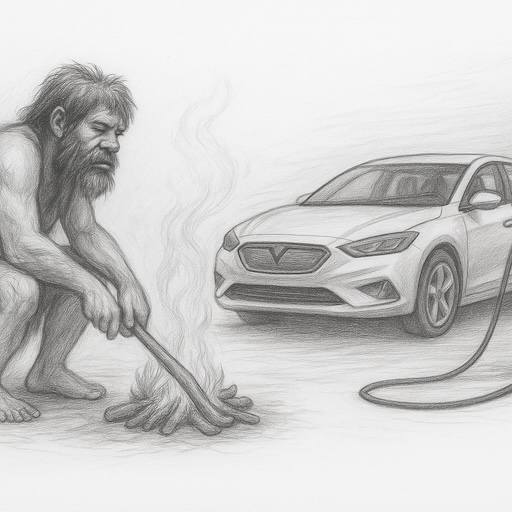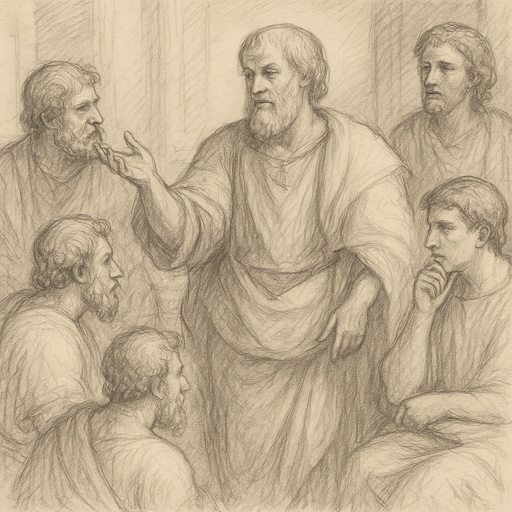The Irony of Innovation: When Pioneers Fall Behind
It’s a fascinating phenomenon when industry leaders invent groundbreaking technologies but ultimately fail to capitalize on them.
A classic example is Kodak, which invented the first digital camera in 1975. Despite this groundbreaking innovation, Kodak chose to focus on its traditional film business. It wasn’t until the early 2000s that digital cameras began to outsell film cameras, signaling the end of an era for Kodak. Companies like Sony, Canon, and Nikon led the digital camera revolution, investing heavily in R&D and shifting their strategies early to embrace digital photography. Their willingness to adapt allowed them to dominate the market that Kodak helped invent but failed to lead.
A Shift in Innovation: From Military Roots to Civilian-Led AI
For much of the twentieth century, major technological breakthroughs were tightly interwoven with military needs. Take the internet, for example. In the late 1960, the U.S. Department of Defense launched ARPANET through its Advanced Research Projects Agency (ARPA). The first successful message was sent in 1969 between computers at UCLA and Stanford. Designed to create a resilient communication network during the Cold War, ARPANET eventually evolved into today’s global internet.
The Role of Question-Based Learning in Modern Education
In many classrooms today, education is still largely driven by the pursuit of correct answers. Students are taught to memorize facts and follow prescribed methods, often leading to a rigid learning environment. While this system can produce high test scores, it may fail to prepare students for the uncertainties and complexities of real life, where problems rarely come with clear, singular solutions.
Belief Is Not Set in Stone
Religion and philosophy aren’t really about getting a fixed message straight from some higher truth – they’re more about how people interpret ideas that feel meaningful to them. Over time, those interpretations shift, shaped by history, culture, and whatever society needs at the moment. That’s why two people can follow the same religion or school of thought but understand it in totally different ways. Whether it’s believing Jesus is divine or turning Confucius into a national icon, these ideas evolve because of how people choose to make sense of them.
Why Donald Trump Gained Support: A Response to the Extremes of Progressivism
In recent decades, progressive ideals have gained strong influence in academia, the media, and the arts. Originally, these concepts were born from a genuine desire to foster inclusivity and correct the injustices of the past—especially in relation to race, gender, and sexuality. At their core, these ideas sought to promote kindness, tolerance, and equal opportunity for all.
Why Trump Resonated with America’s Heartland
Over the past few decades, globalization has dramatically reshaped the American economy. While the East and West coasts flourished through booming tech and financial sectors, many regions in the middle of the country—once vibrant manufacturing hubs—began to decline. Factories closed, jobs were outsourced to countries like China and other lower-wage nations in Southeast Asia, and entire communities were left struggling.











